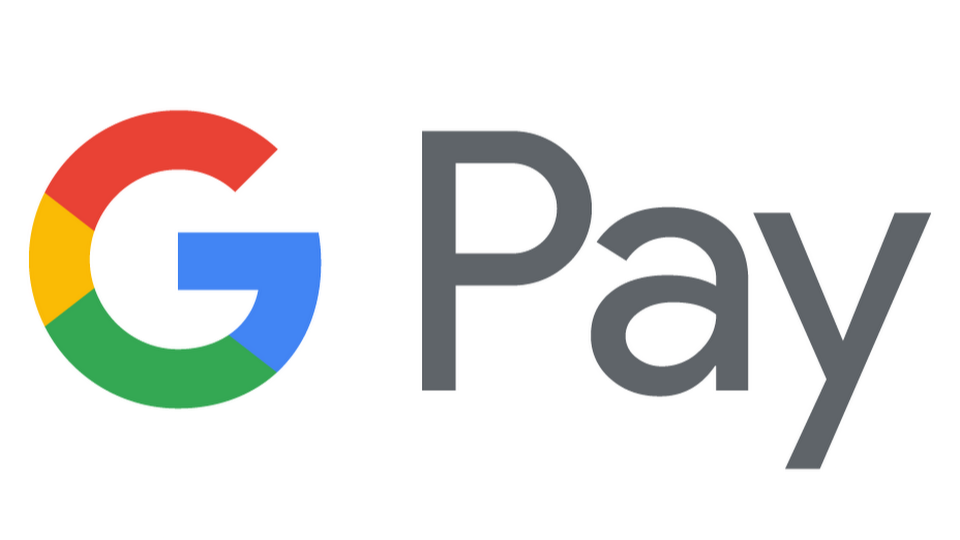Google Play has revealed plans to allow app developers to use alternative billing and payment systems following an investigation by the UK’s competition watchdog.
The move comes after the Competition and Markets Authority (CMA) carried out a market study into mobile ecosystems in which it raised concerns about Google’s control over payment processing on the platform.
Google Play, which accounts for more than 90 per cent of native app downloads on Android devices, currently forces developers to use its own own billing system for in-app purchases.
After finding that this could be leading to higher prices and less choice for Android users, the regulator carried out a subsequent investigation into the company’s in-app payment rules.
The CMA is now consulting on a set of commitments put forward by Google, which include allowing developers to break away from its billing system and use alternatives to process in-app payments.
Under the new proposals, third party payment providers would be able to market their services to app developers for processing transactions involving digital content.
The authority said this would allow for greater innovation and competition for Google Play in-app payment services.
“Google’s complete control over in-app payments raised concerns this unfairly restricted app developers – by forcing them to use Google Play’s billing system – putting distance between them and their customers and reducing competition, to the detriment of Google Play users,” said Anne Pope, senior director of antitrust, CMA.
She said that while the organisation is pleased that its investigation has led to Google giving in-app payment freedom to thousands of app developers, it needs to ensure the commitments will “work in practice”.
The CMA is looking for feedback on the proposed changes until 19 May 2023.
Latest News
-
Reddit ‘challenges Australia’s under 16s ban’ with lawsuit
-
BBVA expands ChatGPT to 120,000 employees
-
BIS and Central banks test post-quantum cryptography in payments
-
UK government launches new MedTech qualifications to fight skills gap
-
UK scientists get priority access to advanced AI through Google DeepMind lab
-
Uber Eats rolls out robot couriers in Leeds
The future-ready CFO: Driving strategic growth and innovation
This National Technology News webinar sponsored by Sage will explore how CFOs can leverage their unique blend of financial acumen, technological savvy, and strategic mindset to foster cross-functional collaboration and shape overall company direction. Attendees will gain insights into breaking down operational silos, aligning goals across departments like IT, operations, HR, and marketing, and utilising technology to enable real-time data sharing and visibility.
The corporate roadmap to payment excellence: Keeping pace with emerging trends to maximise growth opportunities
In today's rapidly evolving finance and accounting landscape, one of the biggest challenges organisations face is attracting and retaining top talent. As automation and AI revolutionise the profession, finance teams require new skillsets centred on analysis, collaboration, and strategic thinking to drive sustainable competitive advantage.
© 2019 Perspective Publishing Privacy & Cookies










Recent Stories